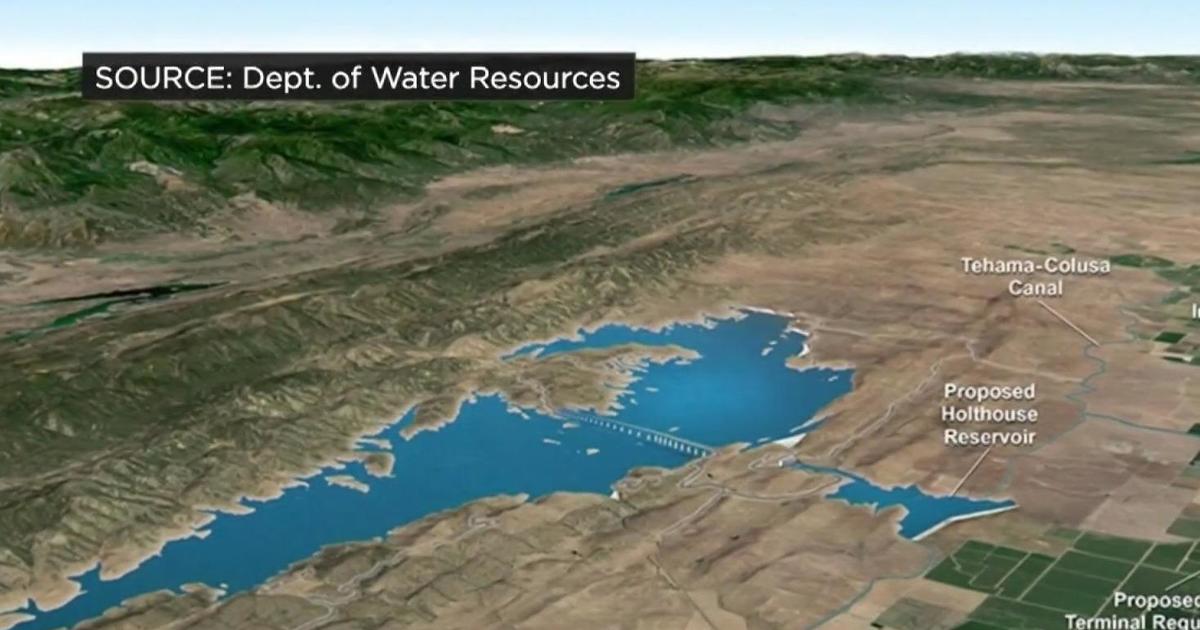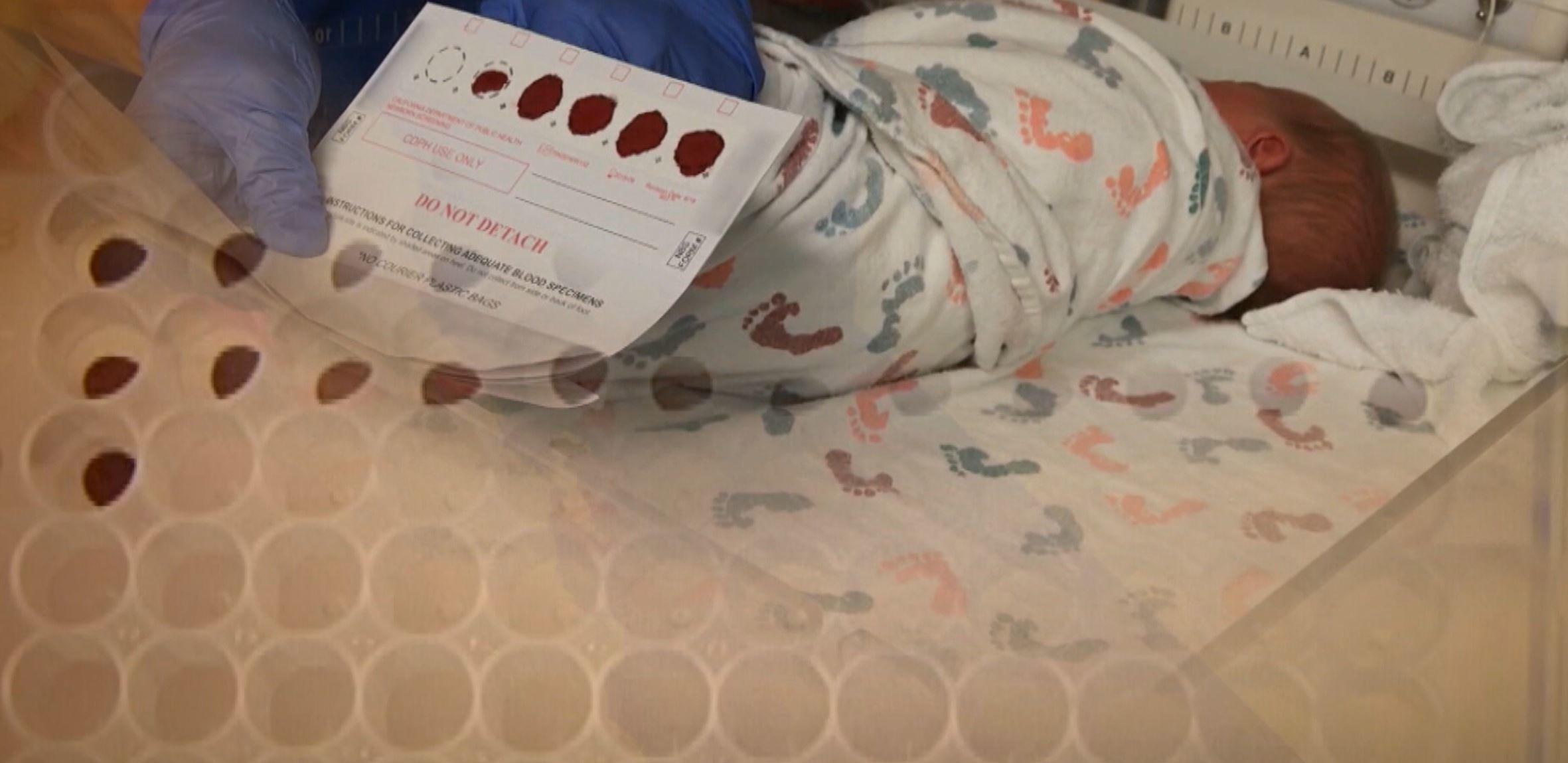Proposition 23: Establishes State Requirements For Kidney Dialysis
Proposition 23 requires a physician, nurse practitioner, or physician assistant on-site during dialysis treatment. Prohibits clinics from reducing services without state approval. Prohibits clinics from refusing to treat patients based on a payment source. It could lead to increased state and local government costs likely in the low tens of millions of dollars annually.
A yes vote means chronic dialysis clinics would be required to have a doctor on-site during all patient treatment hours.
A no vote means chronic dialysis clinics would not be required to have a doctor on-site during all patient treatment hours.
Background
Proposition 23 would require a doctor or highly trained nurse at each of the state's 600 dialysis clinics whenever patients are being treated to improve patient care. It was placed on the ballot by unions that represent health care workers.
Opponents, financed by dialysis clinic companies, say that under that mandate, between two and three doctors would be required at every facility because most are open at least 16 hours a day, creating a financial burden that could lead some clinics to close.
Proposition 23 is the second attempt by the union to increase regulations of dialysis clinics in California, where DaVita Inc. and Fresenius Medical Care – two of the country's largest for-profit dialysis providers – operate about three-quarters of the state's dialysis market.
In 2018, the union-backed Proposition 8, which sought to cap dialysis clinics' profits and force them to invest more of their profits in patient care. Voters rejected the measure but not before it became the most expensive initiative on the 2018 ballot, generating more than $130 million in campaign spending – more than $111 million from dialysis companies to kill the initiative and about $19 million from unions that supported it.
Dialysis providers say most California clinics already offer high-quality care and are regulated by federal and state authorities. They also point out all patients already have a nephrologist – a kidney specialist – who oversees their care and that nephrologists also direct each clinic in California. They say the initiatives are part of a tactic to pressure the dialysis companies to let workers unionize.
The nonpartisan Legislative Analyst's Office estimates dialysis companies currently make roughly $3 billion a year from their California operations.
(© Copyright 2020 CBS Broadcasting Inc. All Rights Reserved. The Associated Press contributed to this report.)



